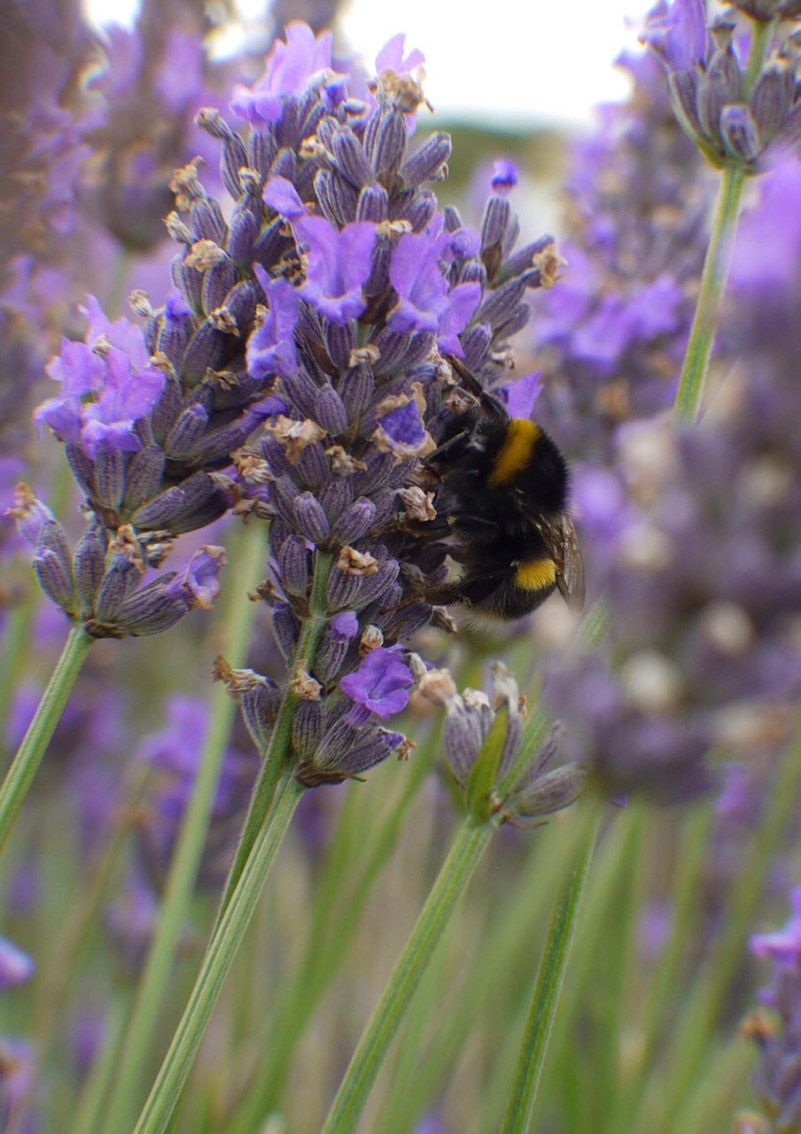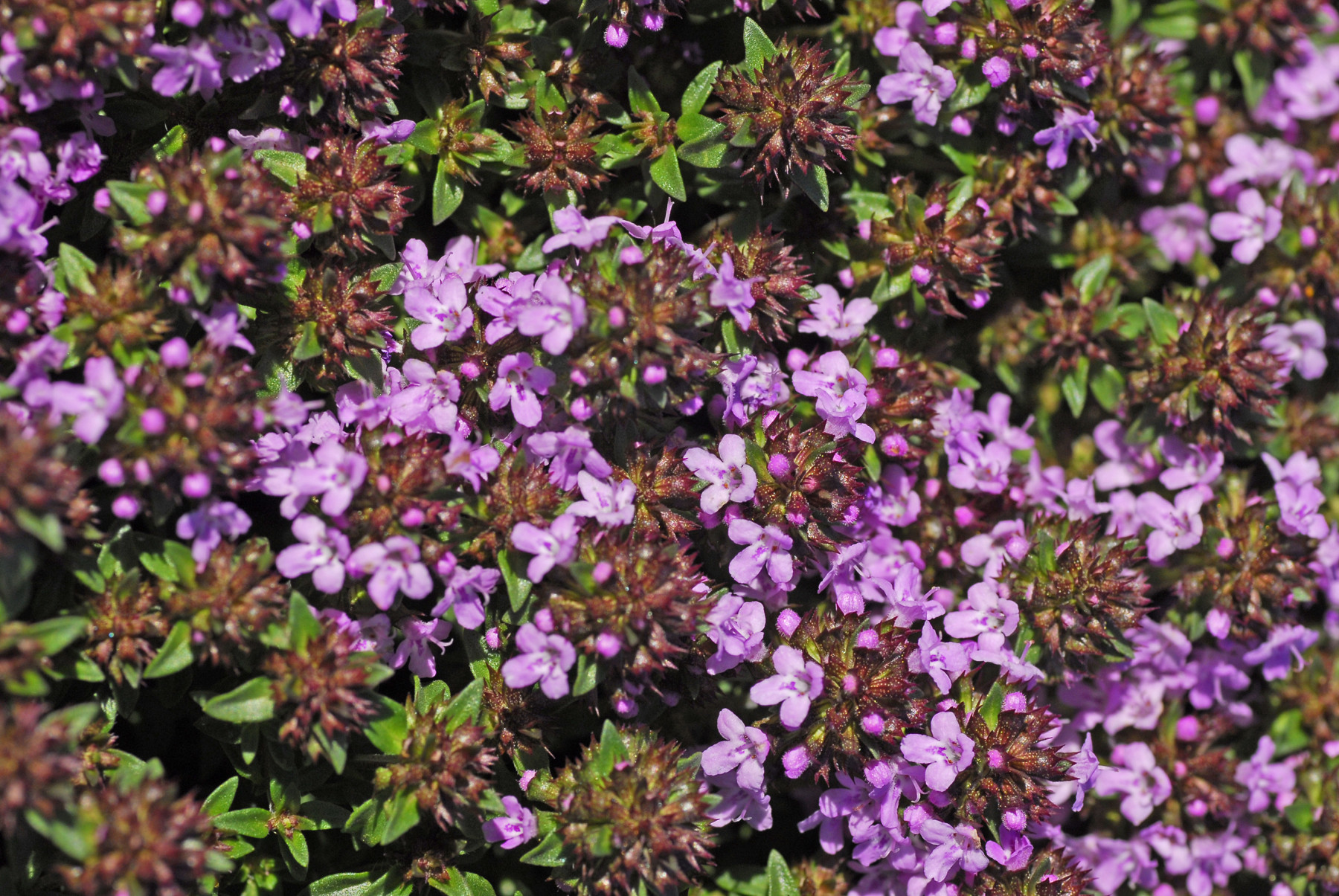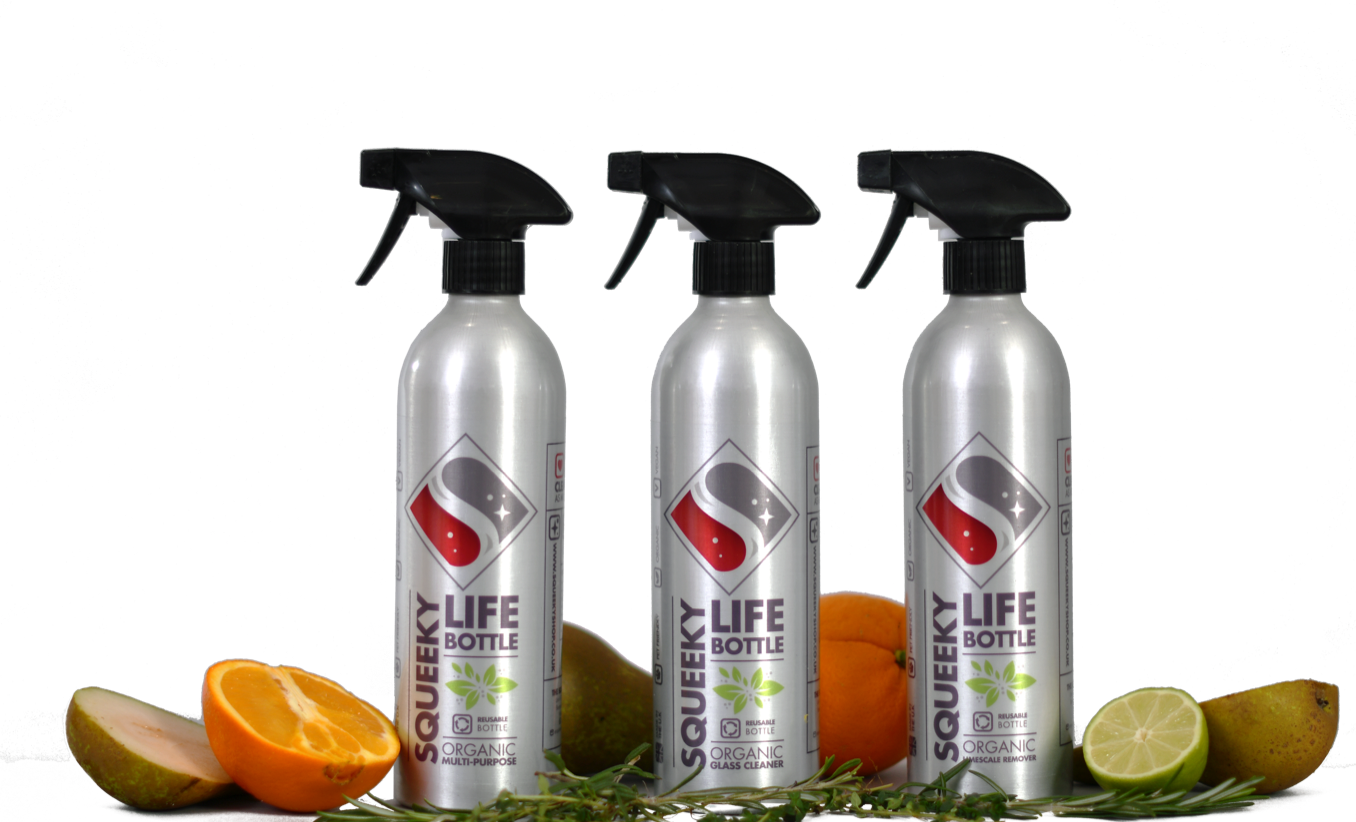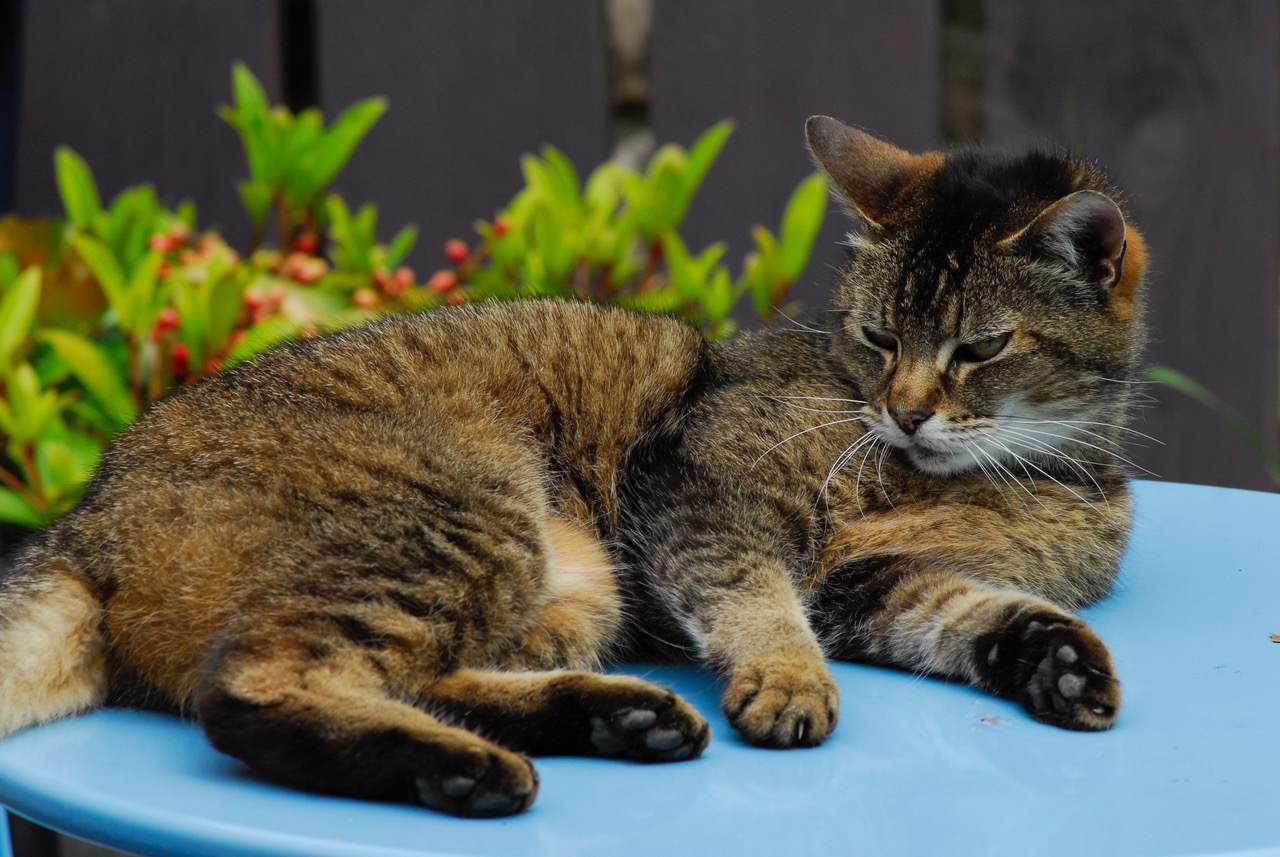The power of plants has been instrumental in the evolution of man for centuries. Plants play a vital role for our food, our medicine, our health and our wellbeing, both physical and mental.

Plants have the power to feed us, to feed our livestock and also to feed other plants. Plant protein has become a buzzword in recent years with a huge rise in interest in vegan and vegetarian food. But you don’t need to be a vegan to appreciate the value of fruit, herbs and vegetables. As gardeners we are well placed to grow our own health rich ingredients to supplement every diet and benefit from the freshly picked and nutrient rich plants that we can grow.
Many of the livestock reared for meat, actually feed on plants and plant protein. Think about sheep and cows grazing in the fields, their diet is predominantly grass.
Plant foods made from seaweed and composted leaves can be used to boost the growth of our flowers, fruit and vegetables, which in turn feed us, so completing the circle.
Mental health

But it’s not just about what we eat. Being in nature can work wonders for our mental health too. Nature bathing is a thing and its on-trend. It’s something gardeners already knew – that being outside in the garden or in nature is good for us. But now the scientists agree and we can legitimately spend time in our gardens to improve our well being. Connecting with nature, surrounding ourselves with plants and breathing fresh air are all positive things to boost our mental health and this can have a knock on effect for our general health too.
Health
Plants have been used as a source of medicine for generations. Many of our modern day medicines were first used as plant derivatives. Tinctures, teas, compresses and infusions of medicinal plants were widely used by village elders and doctors to heal the sick. Many have since been proven to have powerful effects on our health.
Many common garden plants are used in healing. Thyme has antimicrobial powers. Echinacea can boost the immune system and chamomile can induce sleep. Lavender is a great choice to create calm and tranquility; the flowers can be used in teas or added to a hot bath to impart the beneficial essential oils. Spray an infusion of lavender flowers onto your pillow to aid sleep, or rub some dried flowers into a sachet and use as a room freshener.
But it is essential that you can correctly identify any plants you use in this way and always err on the side of caution. Some plants can cause adverse reactions so consult a recognised and registered herbalist for advice from the National Institute of Medical Herbalists – https://nimh.org.uk/find-a-herbalist/ or talk to your GP.
Cleaning power

Take a closer look at your washing up liquid, your shampoo and your soaps and bath and beauty products. Many cleansing and cleaning solutions contain plant extracts, like lemon or other citrus, eucalyptus, thyme and even tea tree harnessing their power for cleaning and cleansing. Look out for Eco and green cleaners like the new range from the Squeeky Cleaners https://www.squeekyshop.co.uk/ which use natural, pet safe ingredients in their organic and vegan products. These are powerful products that have antimicrobial action and work well as natural cleaners.
Toxins
Don’t be fooled by the natural label often touted as a healthy option.

In the same way that many plant extracts can be powerful for medicinal purposes, some plants, seeds, berries and leaves can also be toxic and poisonous if ingested. Some of the most powerful and toxic compounds known to man come from plants and are also natural.
Some of our garden plants are poisonous if ingested and many are poisonous or toxic to cats and dogs too. Always err on the side of caution. Avoid growing poisonous or skin irritant plants if pets or children visit your garden. Most wild animals will avoid eating toxic plants, but try to be aware of some of the dangers to keep children and visiting creatures safe. A quick Internet search will offer plenty of advice. But if your child or pet has eaten anything you are not sure about seek medical or veterinary advice urgently and without delay.


